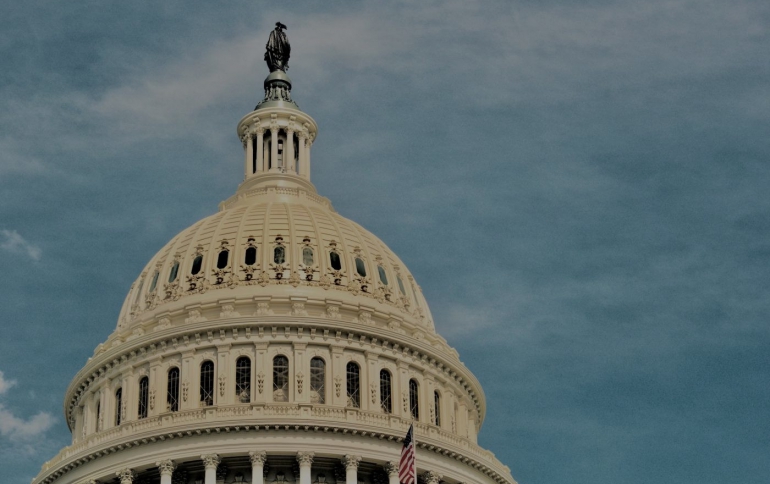
Intel Seeking Feedback on U.S. Privacy Law Proposal
Intel has posted online a recommended draft for a comprehensive U.S. privacy law and is seeking for feedback from privacy law experts in order to finalize it.
The website has a portion where privacy law experts are providing feedback on the draft, and for the public to provide comments. Intel plans to keep the discussion going for two weeks and then will revise the draft. encouraging everyone to visit and participate.
Intel says that effective privacy regulation is critical to allow technologies like artificial intelligence to help solve the world’s greatest challenges. The combination of advances in computing power, memory and analytics create the possibility that technology can make tremendous strides in precision medicine, disease detection, driving assistance, increased productivity, workplace safety, education and more. Intel is developing many of these technologies but also recognizes the need for a legal structure to prevent harmful uses of the technology and to preserve personal privacy so that all individuals embrace new, data-driven technologies.
"What the US needs is a privacy law that parallels the country’s ethos of freedom, innovation and entrepreneurship. That law needs to protect individuals and enable for the ethical use of data. That ethical use of data will be critical as we use the data to train artificial intelligence algorithms to detect bias and enhance cyber security. The US needs a law that promotes ethical data stewardship, not one that just attempts to minimize harm," said David A. Hoffman, Associate General Counsel and Global Privacy Officer at Intel.
The law uses the Fair Information Practice Principles (FIPPs) from the Organization for Economic Cooperation and Development’s (OECD) Guidelines Governing the Protection of Privacy and Transborder Flows of Personal Data. The OECD FIPPs are "the Global Common Language of Privacy" and many of the privacy laws around the world are based on them. For the past few years, Intel has worked on a "Rethinking Privacy" initiative to take the OECD FIPPs and show how they can be implemented in law differently to promote the innovative and ethical use of data.
Intel hopes that the law will be enforced by the US Federal Trade Commission. Hoffman says that the proposed law meets all the requirements of the FCC, namely 1. More resources, 2. Authority to oversee all industry sectors, 3. A clear mandate to develop guidance and regulations to communicate to organizations how they should implement the FIPPs, and 4. The ability to enforce meaningful but fair sanctions. Intel's proposal is also preserving a role for State Attorneys General to apply sanctions in situations where the Commission declines to start an enforcement action. The law uses those sanctions as a way to further encourage organizations to demonstrate their accountability, by allowing those entities that adopt robust privacy programs to have a safe harbor from civil penalties.





















